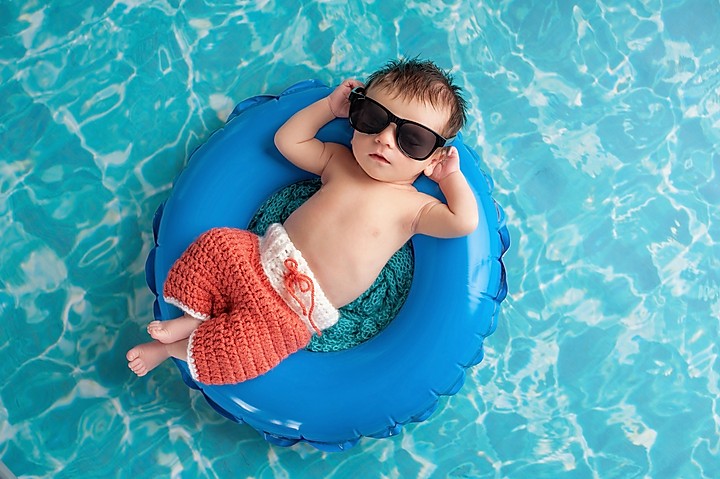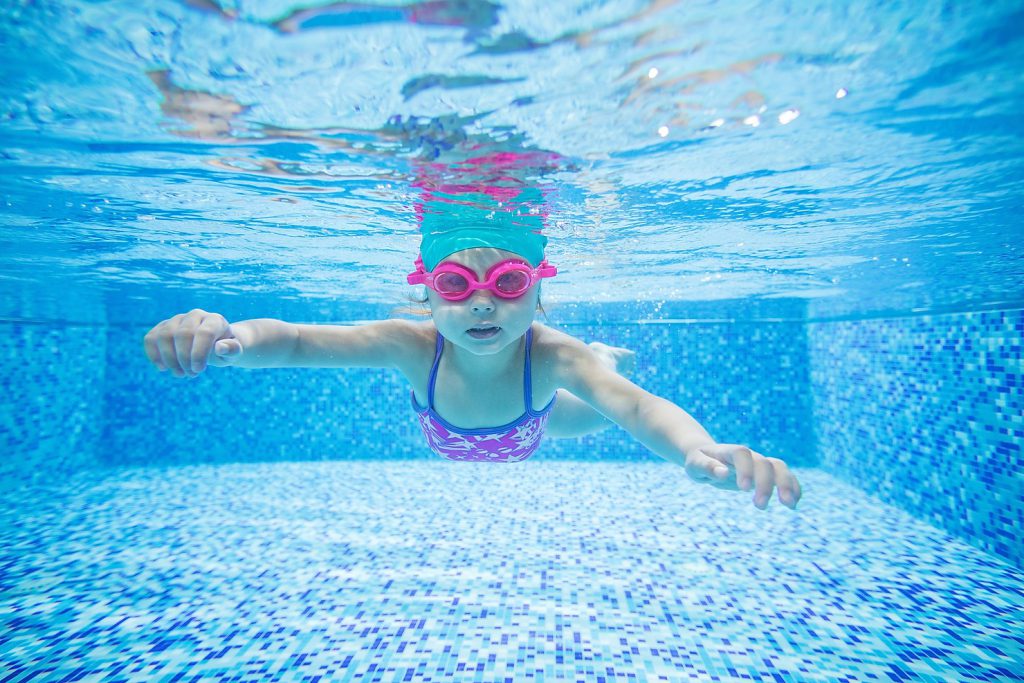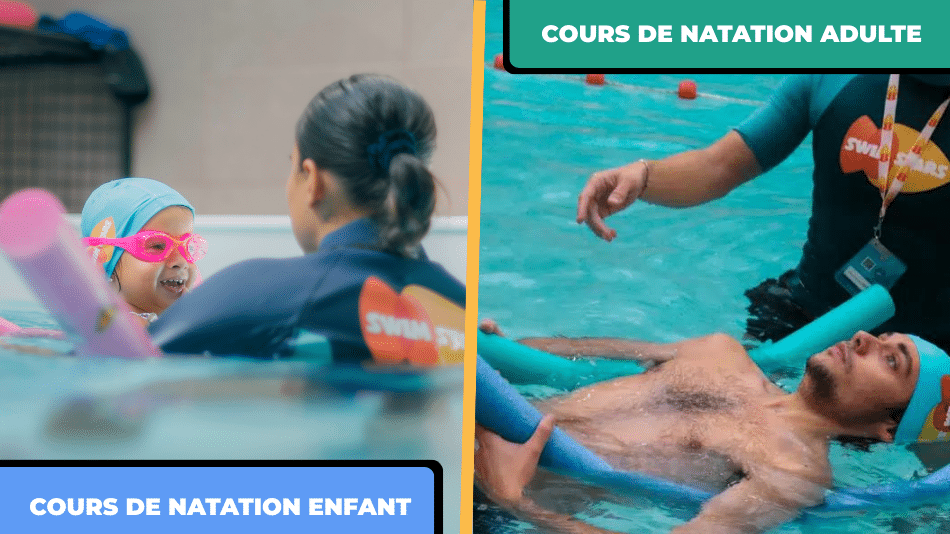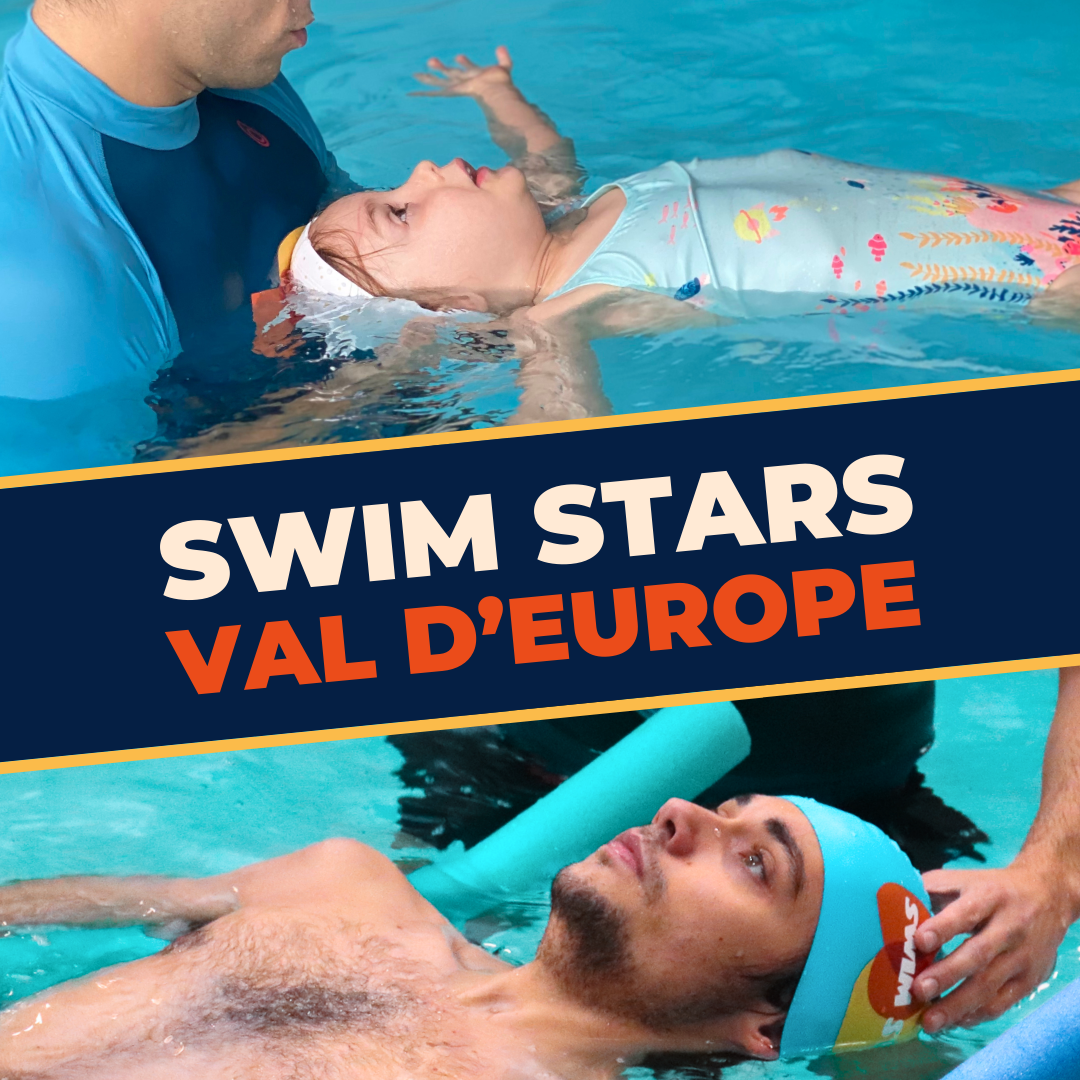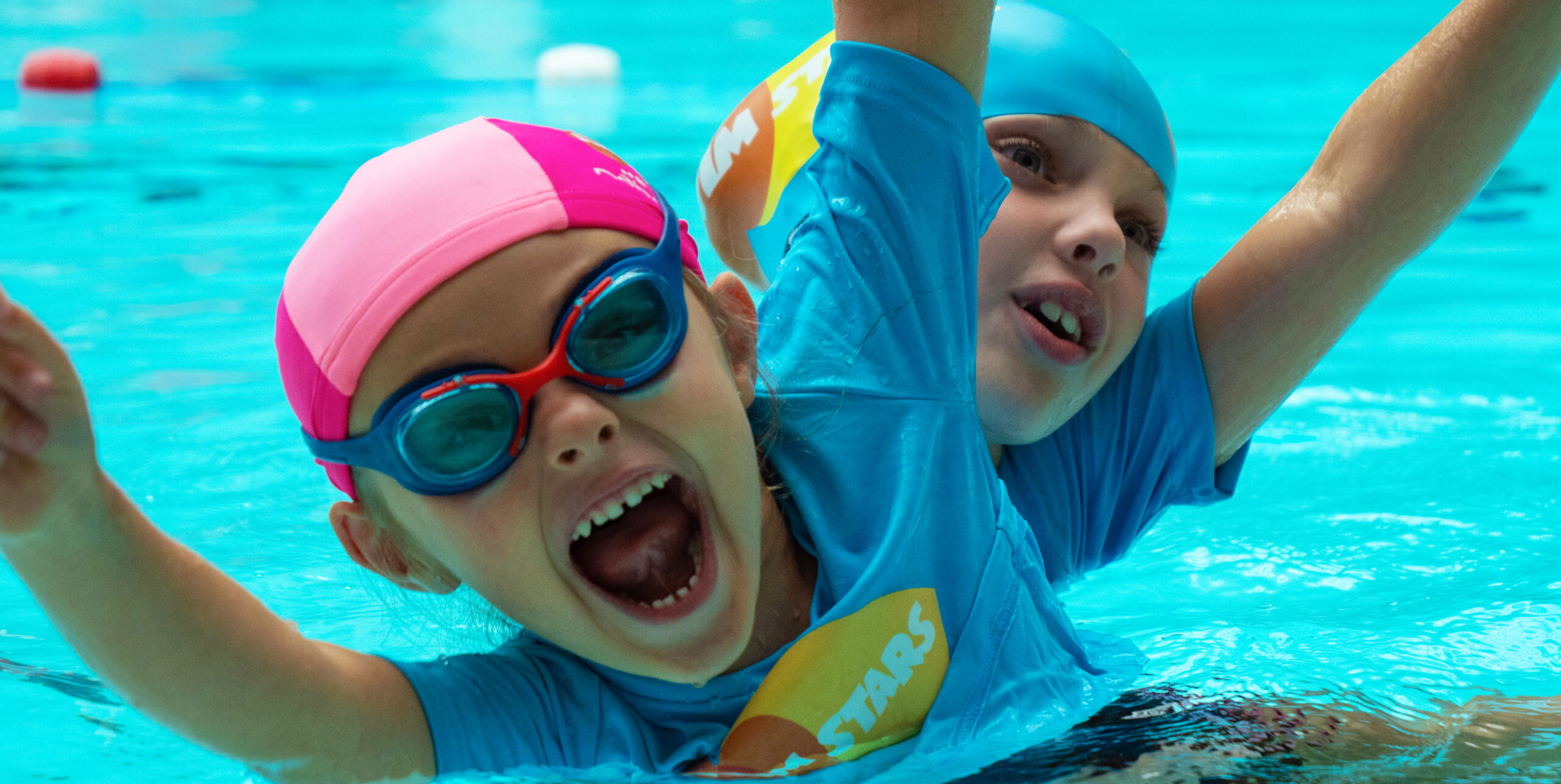Our pool safety tips for the whole family
Did you know that a person can drown in as little as 20 cm of water and a child in less than 30 seconds and without any noise? It only takes 1/10th of a second for a child to fall into the pool! Here are our tips to ensure your safety.
Tips for staying safe
Compared to the summer of 2015, the number of accidental drownings among 0-6 year olds increased by 96% overall and 132% for private family pools. 44% of accidental drownings occurred in the sea, 31% in swimming pools of all types, 22% in ponds, lakes and rivers and 4% in other places (bathtubs, ponds, etc.)*.
Every year, despite the obligation to equip private swimming pools with a safety device, young children drown. Permanent and close supervision of children by a responsible adult is essential to avoid accidents.
Drownings that take place in homes are the easiest to prevent. Adopt these good prevention habits to ensure your safety and that of your loved ones.
Our tips for staying safe around the pool:
- Equip private pools with standardized safety devices (barriers, pool shelters, covers, alarms…), which have been mandatory since 2004, coupled with permanent vigilance
- Never leave children unsupervised and, if possible, always bathe at the same time as dependent children; it’s more fun and also keeps them close and safe
- If necessary, add armbands adapted to your size, weight and age (CE marking and NF 13138-1 standard) or a swimsuit with floats
- Explain to children that, although it is fun, playing drown is dangerous
- Spread the message that you should always walk to the edge of the pool so you don’t slip
- Take the time to check andindicate the differences in pool depths and communicate that diving in the shallow end is prohibited
- Do not leave floating toys in the water to limit temptation; in fact, one of the first causes of drowning is curiosity
- Make children aware of the dangers of the pool: show them, without scaring them, that it is not easy to float without a buoyancy aid
- Take advantage of family swims to familiarize your child with the aquatic environment and begin learning to swim (swap armbands and buoys for a fry and move around, practice the starfish safety position on your back, blow bubbles with your mouth…)
- Beware of air mattresses, they do not protect against the risk of drowning
- Avoid drinking alcohol before or during swimming; it is frequently associated with drowning accidents
- Always enter the water very gradually by wetting the body, especially after prolonged exposure to the sun or a large meal, to avoid thermal shock or even hydrocution
- Consider your physical condition as well as your health status; heart disease has been identified as a significant risk factor for death by accidental drowning in swimming pools
- Learn to swim! Swimming is an excellent extracurricular activity that can be enjoyed all year round. There are programs for all ages: from familiarization with the water with baby swimmers to anti-drowning courses to learn survival reflexes from age 3, as well as courses for adult beginners and aquaphobics – find out more about our swimming courses here.
Our tips for staying safe around the house
- Always empty inflatable pools, buckets and wading pools after use and return them
- Securely cover all water storage tanks, drains or wells
- Never leave children unsupervised in the bathtub, even if they are equipped with safety accessories (seat, bouncer or ring); the bathtub is the cause of 15% of drownings in babies under 1 year of age, and 10 cm of water is enough for a small child to drown
- Know what to do in case of emergency: learn first aid, know the emergency numbers (112 or 15)
The same rules of vigilance apply in public pools. Prefer supervised public pools, read the rules carefully and always keep an eye on your family.
Let’s make water fun for everyone by following these simple and accessible safety tips
We believe that the majority of drownings are preventable. Make sure you apply and spread these tips to stay safe, especially this summer but also all year round!
Discover our swimming lessons
here
S.A.F.E. the water safety prevention program, offered free of charge in schools and specialized associations.
Want to learn more and request a free animation? Click here
*Sources: 2018 drowning survey by Santé Publique France and the website noyades.com
